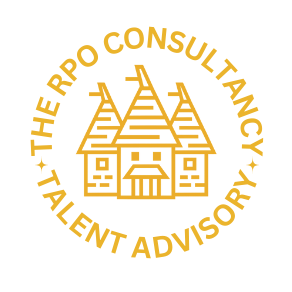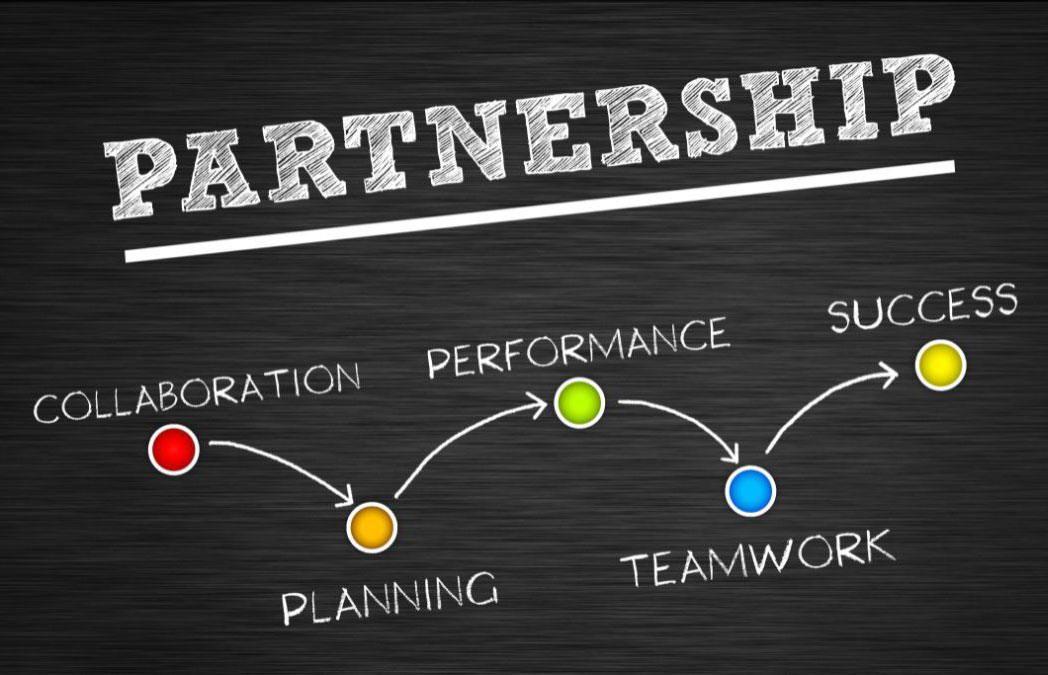Several years ago, following a week of intense negotiations, our client and his number two quietly stood up from the boardroom table and left the room. My colleague and I had no idea what was happening and feared we had said something that had jeopardised our contract renewal with the Japanese financial institution. After a few minutes that felt like a lifetime, the door opened, and the Head of Procurement walked back into the room carrying two umbrellas, which he presented to us with a deep bow as if they were samurai swords while thanking us for our efforts, patience, and partnership. In contrast to the typical arm’s length relationship that many Western firms tend to pursue with their suppliers, Japanese companies set out to develop a partnership with their suppliers from day one. That partnership has existed for over twenty years and is still going strong.
I know it’s a cliche, but a successful business partnership has a lot of similarities to a happy marriage. It requires effort from both parties, shared objectives, respect for each other, and compromise. Getting this right can be tricky and doesn’t always work out, but understanding the actual value of a successful outsourced partnership can help focus your attention on giving it your best shot.
You can’t outsource a problem you can’t define
You may be familiar with the adage, “You can’t outsource a problem you can’t define.” Outsourcing partnerships can bring a wealth of expertise and experience into your business and achieve cost savings, process efficiencies, best practices, and other returns on investment; however, you need to be clear on what success looks like and what you’re looking to achieve. If the objectives aren’t clear from the beginning, it can be difficult for an outsourcing partner to design and implement the optimal type of solution for your organisation. Once you clearly understand what you want to achieve, it becomes much easier to reverse engineer a solution and understand where some obstacles may lie. There will always be obstacles, so it’s best to be open and transparent about what they are, as most outsourced partners will have encountered the same or similar with other clients and can share their ideas on how to resolve them.
“Being realistic with your expectations is key to success. If you are a small company with under 200 hires per year, you may need to consider a different approach than a structured business with more than a 1000 per year. Choosing the right provider and a solution that aligns with your organisational goal gives the outsourced partner a better opportunity to create more value.”
Time spent upfront will result in a more efficient process down the line
Once you’re clear on what you want from an outsourced partner, it’s crucial to make the time to gather the data they will need to provide as accurate a proposal as possible. This can prove problematic, as a lack of data can often be one of the main issues companies seek to address by outsourcing their recruitment function to a specialist. However, an indication of future hiring volumes, preferably split by grade, skillset, and location, is fundamental to building a talent acquisition solution. There is a myriad of information that can help develop an aligned and best-fit solution, including:
- Current challenges
- Reasons for outsourcing
- Existing team structure and process
- Key objectives
The more you can provide upfront, the better, and this can be supplemented by offering the opportunity to submit questions. It is good practice then to share the questions and answers with all providers to give them the same amount of information on which to build their solutions. The one point I cannot emphasise enough at this stage is to provide the providers with ENOUGH TIME to develop and submit their proposals. No doubt, outsourced recruitment providers will determine the type of organisation you are and the type of client you could be, based on your procurement process. While this may not be a true reflection of your organisation, a company approaching the outsourced management of one of its most important assets –its people, in a similar manner to how it would engage with a supplier of office supplies is not going to get the best solution available in the market. Yet it does happen, and those outsourced recruitment providers who genuinely value their product will likely say ‘thanks but no thanks’!
Organisations that are well-prepared and engaging throughout the procurement process will get the best out of their future outsourced partners. While there may be times when an ‘off the shelf’ solution is appropriate, most solutions are uniquely designed for each client, which demands a thorough understanding of the scope of requirements and other factors such as timeframes, resource availability, and cultural alignment. Time spent upfront addressing these factors will result in a more efficient process later.
Successful partnerships are based on trust, communication, and shared goals.
Choosing an RPO partner is not just a transaction; it’s an investment in a long-term strategic partnership. Despite its significant growth and evolution over the past 20 years, it’s not a huge market, and therefore, relatively straightforward to identify the organisations you may want to consider as a potential partner. However, several factors are vital in identifying the right partner for your business, which may not be immediately apparent from their marketing collateral or sales pitch.
“Whilst it’s fair to say that the majority of the large, established RPO providers can deliver sophisticated, robust, and tried and tested solutions, there are also some smaller, newer, forward-thinking, and disruptive suppliers that you ignore to your disadvantage.”
One of the key benefits of working with smaller companies is that they will likely be more willing to tailor their solution to your needs more carefully. They will often be more agile and able to ramp up more quickly than larger organisations with a clearly defined set of protocols that must be followed each time. You should also consider your business’s value to a future partner. Where will you feature alongside their other clients to get access to the best support and talent available? This could relate to the outsourced delivery team and the talent pool of candidates within a particular industry or location.
It can be difficult to unearth the answers to some of these questions during the formal tender process; that’s why I recommend having open conversations with potential partners before the RFP stage. Look for a partner committed to understanding your business objectives, aligning with your values, and growing with you. The most successful partnerships will involve cultivating long-term relationships based on trust, communication, and shared goals. Outsourced recruitment partners who truly understand their client’s business objectives become extensions of the internal team, contributing to immediate hiring needs and long-term workforce planning. In return, your company will benefit from a partner vested in your success, driving continuous improvement and innovation in your talent acquisition strategies.

